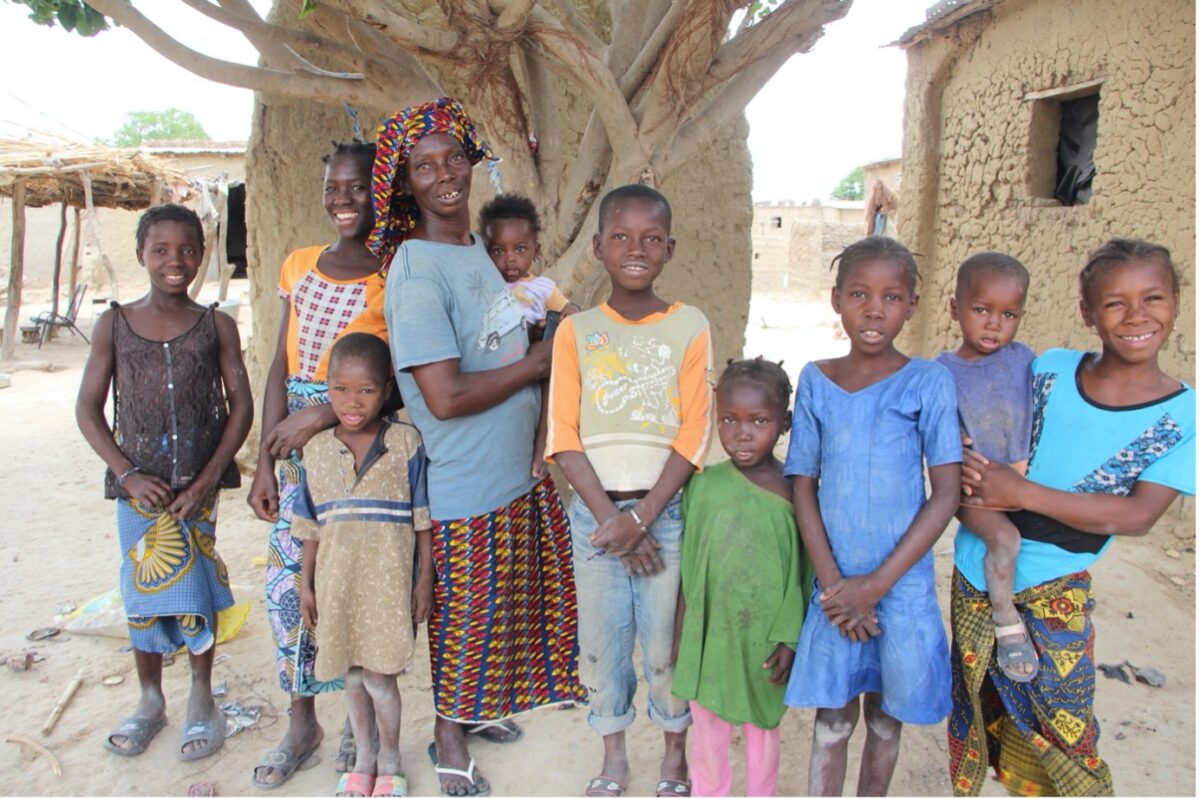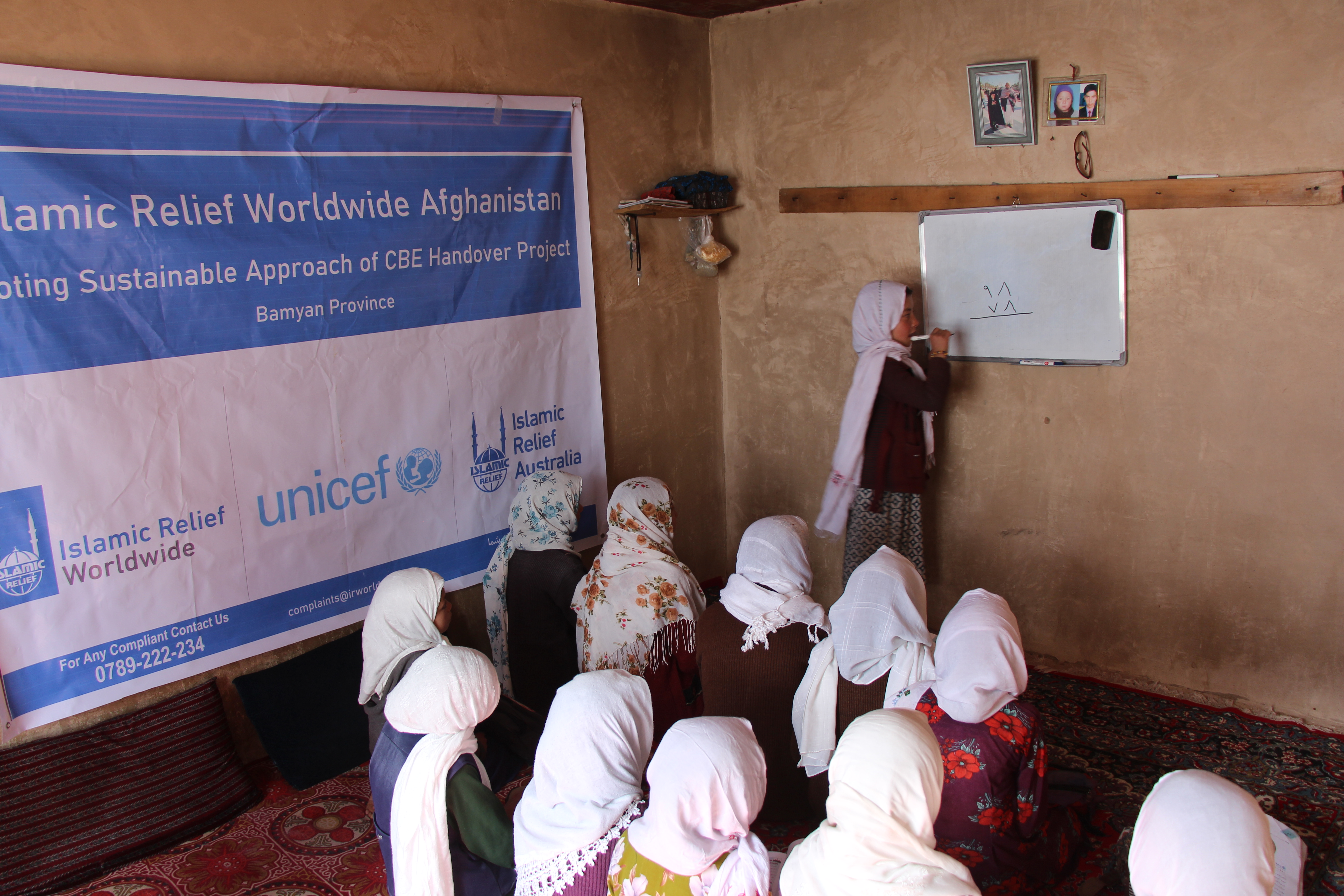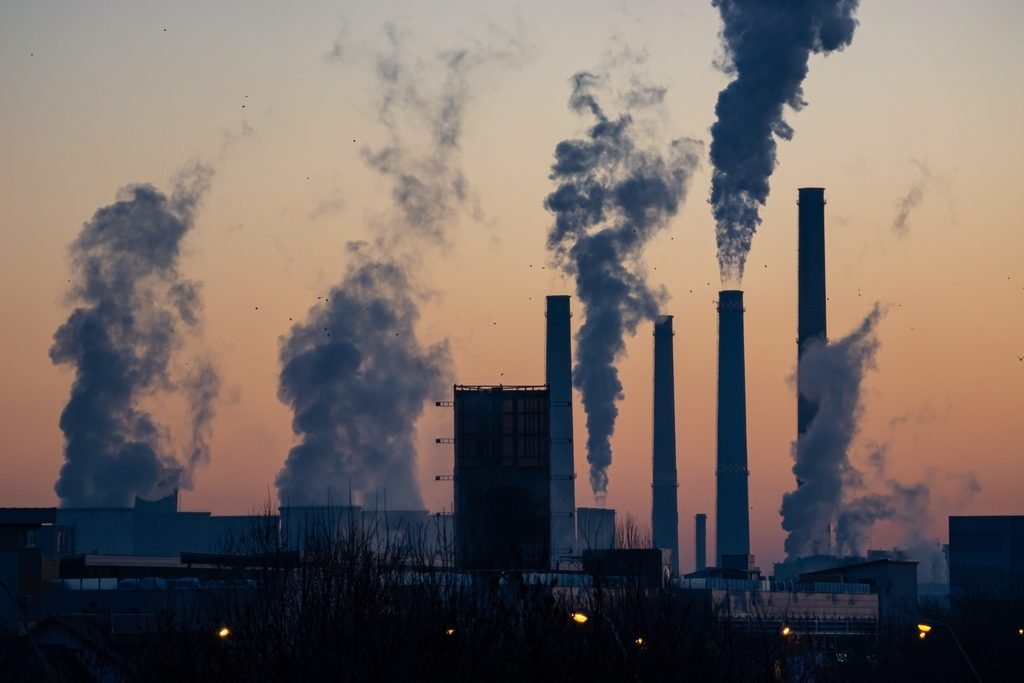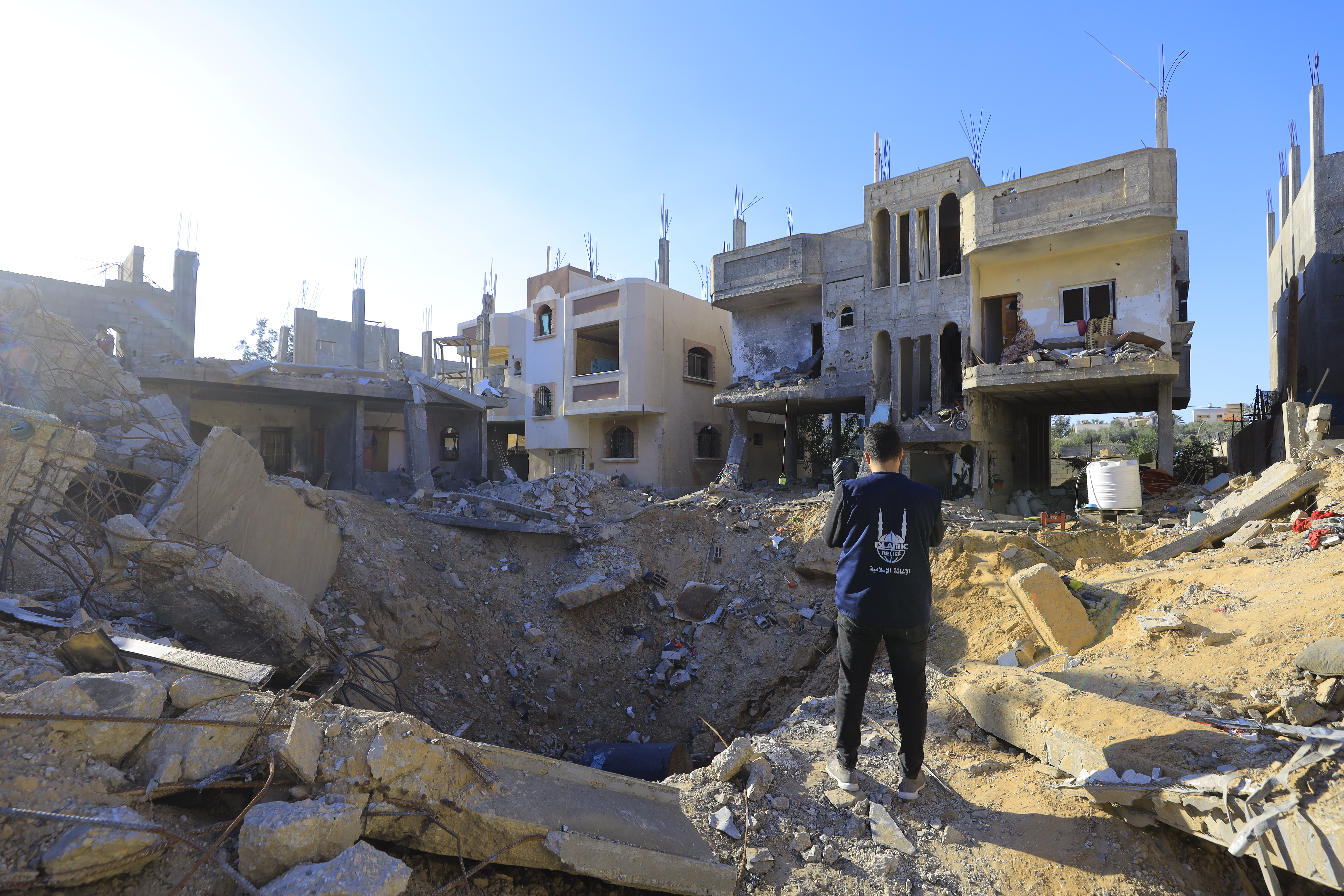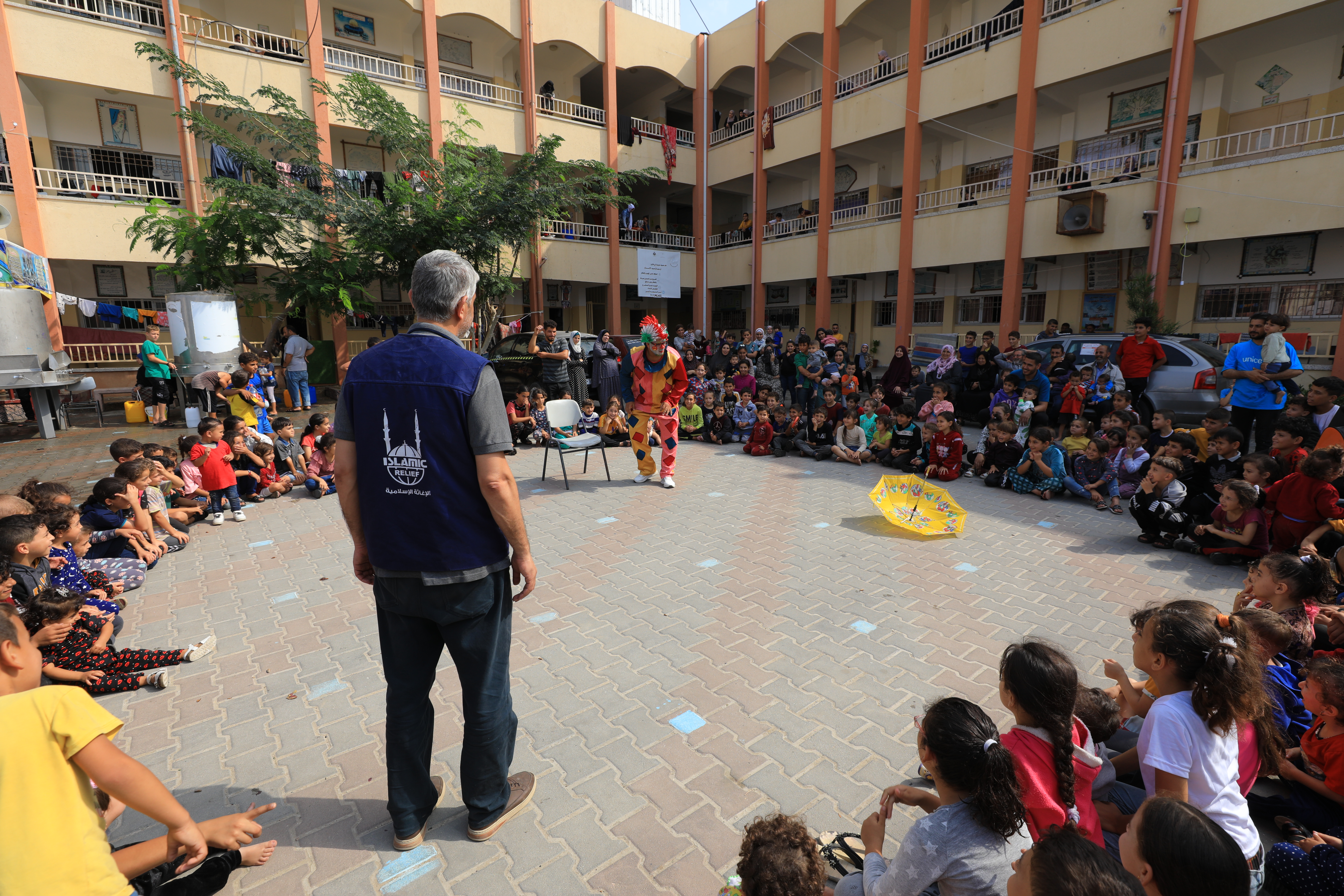As we observe International Day of Persons with Disabilities, Islamic Relief is proud to highlight some of the remarkable individuals with disabilities who are building a more inclusive society. Among them is Fatoumata, a determined Malian woman.
Fatoumata lives in the village of Magnambougou, in southwestern Mali. At 47 she has the busy life of a mother of 3 and be a dedicated wife who successfully juggles running a vibrant household with gardening and managing a small retail business to boost her family’s income.
Fatoumata’s life took an unexpected turn when she developed her disability during pregnancy, but she refuses to let this challenge hinder her contribution to her family and community.
“My disability is part of me, but it does not define my limits,” she says.
The way of life in Magnambougou follows a pattern that has lasted for centuries. The mainstays of income for many, including Fatoumata, are agriculture, gardening, and small-scale animal husbandry.
Fatoumata’s days are filled with the kind of activities that sustain not just her family but also the rest of her community: from cultivating her garden with crops like cabbage, tomatoes, and potatoes, to running a small shop that serves the everyday needs of her neighbours. She has transformed her small garden into a source of sustenance and joy.
At the heart of community action
Islamic Relief has had a profound impact on Fatoumata’s life, recognising her potential and empowering her. She now plays a pivotal role in devising projects for women’s advancement and brings the perspective of people with disabilities to the Magnambougou community action team.
The team’s work has had a positive impact, improving protection for vulnerable women and children, tackling gender-based violence, and providing comprehensive training on children’s rights, spousal rights, and the inclusion of people living with disabilities.
The impact of Fatoumata’s leadership is palpable within her community. Islamic Relief’s initiatives, with Fatoumata and other members of the community action team at their heart, have significantly reduced the violence and abuse once commonplace in Magnambougou. The efforts of faith leaders and community action teams have helped to improve harmony within families and communication between children and parents, leading to a more inclusive and supportive village environment.
Sustainable development in action
With a grant from Islamic Relief, Fatoumata bought a water pump, which has revolutionised the way she irrigates her garden and has improved both the yield and quality of her crops. This, in turn, has bolstered her small business, allowing her to record profits that contribute significantly to her family’s income.
“These activities are not just for financial gain,” Fatoumata says proudly, “They are a symbol of what people with disabilities can achieve with the right support.”
A call to deepen our commitment
This International Day of Persons with Disabilities, Islamic Relief reaffirms its commitment to inclusivity and the empowerment of people living with disability. Fatoumata’s story is among many that demonstrate our commitment to lifting women out of poverty and helping them achieve financial autonomy.
By donating to Islamic Relief, you can help extend the reach of empowering projects that enable more people like Fatoumata to lead fulfilling lives. Your donation can break down barriers and build bridges toward a more inclusive future.
Help us to continue our vital work to change the narrative around women and disability, ensuring vulnerable women are empowered to transform their lives: please donate now.



